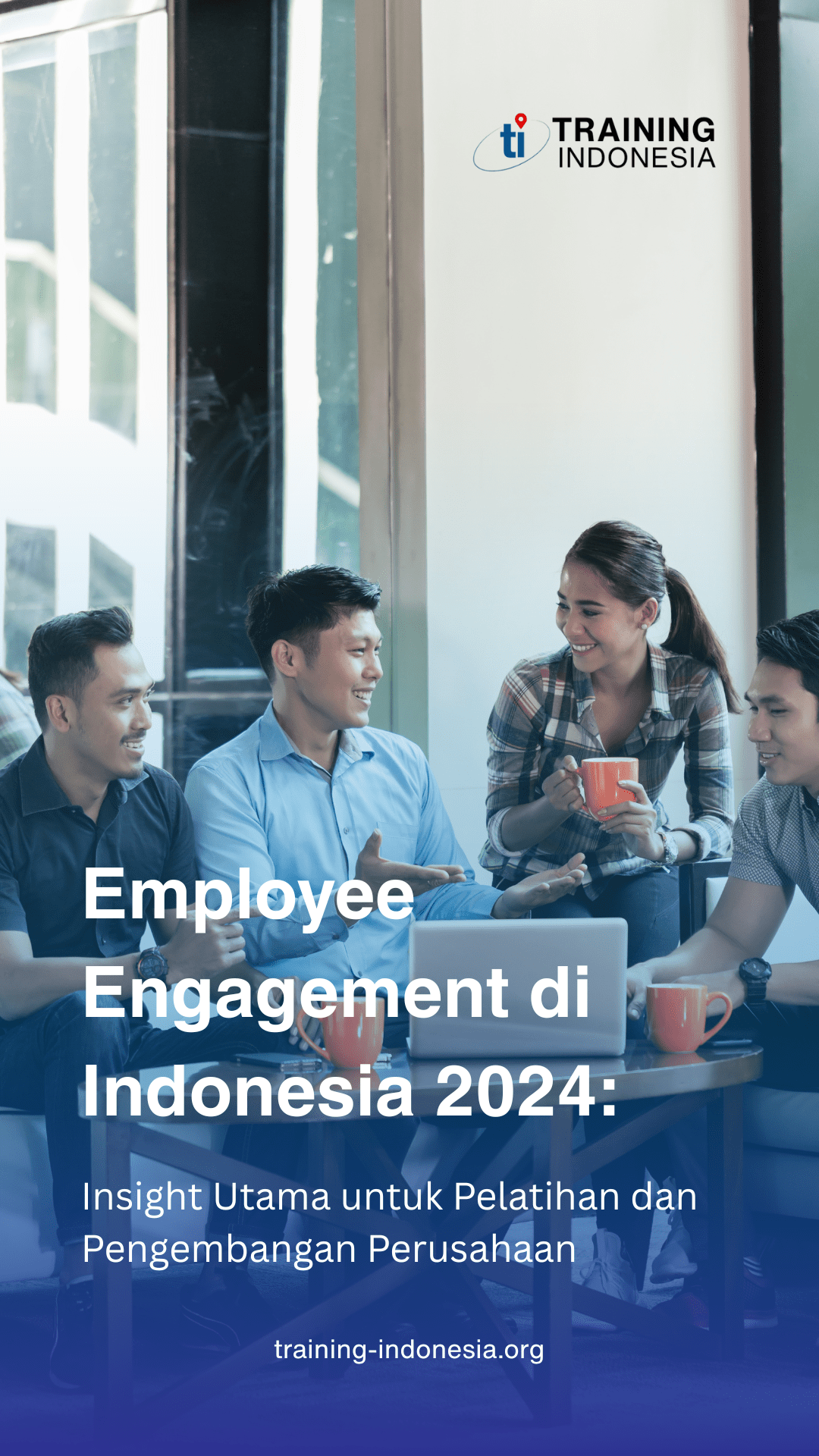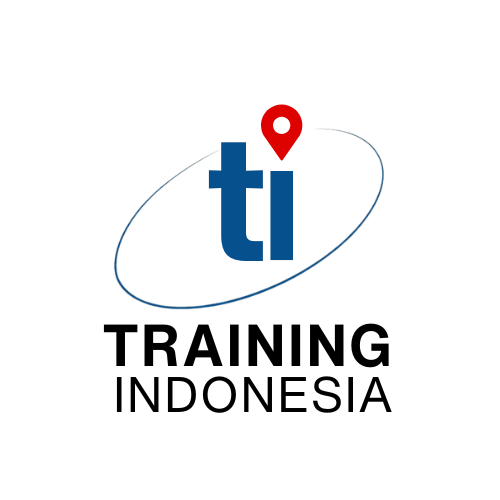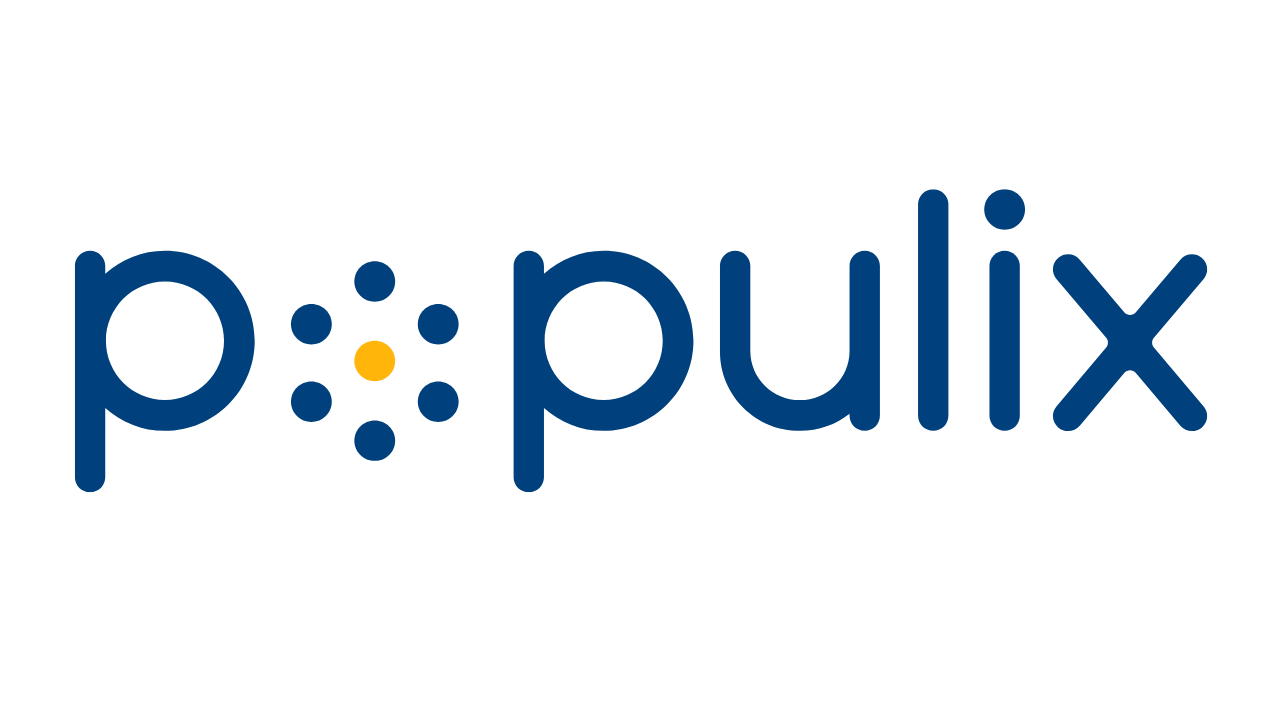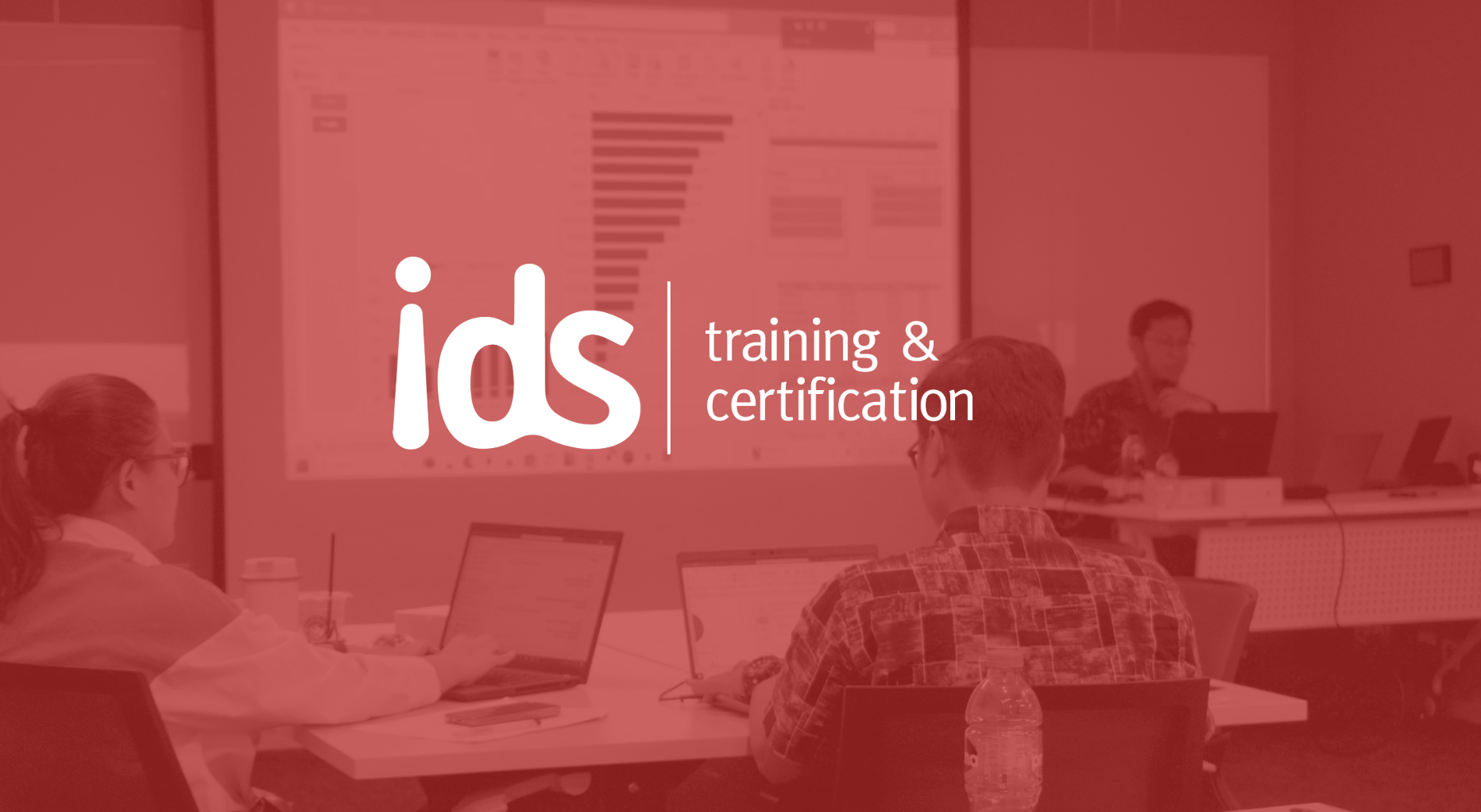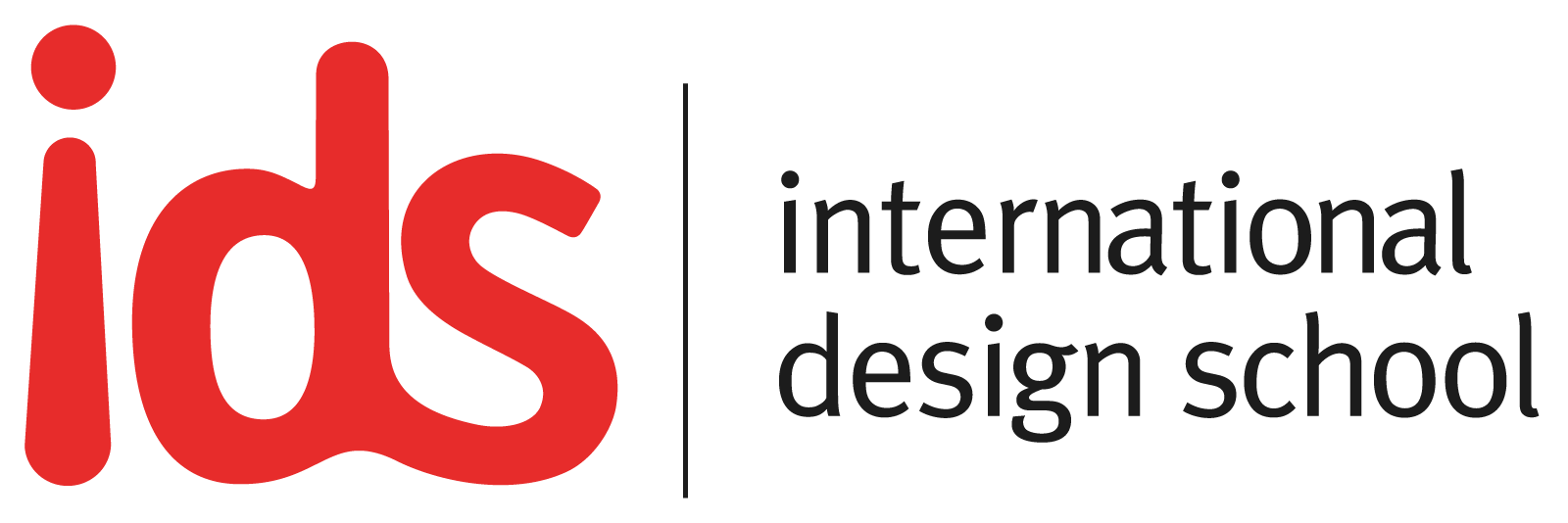Green Jobs and Indonesian Youth: Between Hope and Challenges

Environmentally Friendly Jobs Are Increasingly Attracting Young People
In the face of the climate crisis and the transition toward a green economy, environmentally friendly jobs—commonly referred to as Green Jobs—have garnered global attention. As a developing country with a large youth population, Indonesia holds significant potential to drive growth in this sector. The report "Green Jobs in the Eyes of Youth" released by Coaction Indonesia (2024) offers an in-depth look into the perceptions, interests, and challenges faced by young people in accessing environmentally friendly jobs in Indonesia.
What Are Green Jobs?
According to the International Labour Organization (ILO), Green Jobs are positions that contribute to preserving or restoring the environment, whether in traditional sectors like manufacturing and construction or in emerging sectors such as renewable energy and energy efficiency. These jobs must be decent, meaning they provide fair wages, safe working conditions, and protected labor rights.
Indonesian Youth Perspectives on Green Jobs
Coaction Indonesia conducted a national survey of 622 respondents aged 17 to 35 from various regions in Indonesia. The findings revealed that most young people are concerned about environmental issues. Around 95% of respondents acknowledged the importance of protecting the environment, though only 50% had incorporated environmentally friendly practices into their daily lives.
More than 70% of respondents expressed interest in working in the Green Jobs sector after understanding the definition. This suggests that while the term was not widely known beforehand, there is great potential if education and information are effectively disseminated.
Obstacles and Challenges
Despite strong interest, several challenges hinder youth involvement in the Green Jobs sector:
-
Lack of Information: Many young people do not have a clear understanding of what Green Jobs are or how to pursue them.
-
Technical Skills: Most green jobs require specific technical skills, such as knowledge of renewable energy, energy efficiency technology, or waste management.
-
Access to Training and Education: The limited availability of training and education programs supporting green careers remains a significant barrier.
-
Limited Job Opportunities: In some regions, particularly outside Java, green job opportunities are still scarce.
The Role of Social Media and Digital Technology
The Coaction survey found that social media is the primary source of information for Indonesian youth. Platforms such as WhatsApp, Instagram, and TikTok have broad reach and serve as effective channels for educational campaigns. This presents an opportunity to develop targeted digital communication strategies to raise awareness and interest in Green Jobs among young people.
Connecting Youth with Green Job Opportunities
To increase youth participation in Green Jobs, strategic actions can be taken by governments, industries, and educational institutions:
-
Integrate green curricula into formal and vocational education systems.
-
Encourage collaboration between the private sector and training institutions to offer internships or certification programs.
-
Strengthen digital platforms that connect young job seekers with companies in the green sector.
-
Increase funding for start-ups in renewable energy, sustainable agriculture, and circular economy industries.
Green Jobs as a Pillar of a Just Energy Transition
Green Jobs play a crucial role in supporting a just energy transition in Indonesia. As the country begins to reduce its reliance on fossil fuels and shift toward clean energy sources, the demand for workers with new skill sets will grow. Young people are key actors in this process, as they represent the future workforce capable of adapting and driving innovation.
Coaction Indonesia emphasizes that Green Jobs are not just about job creation, but also about creating work systems that are fair, inclusive, and sustainable. This aligns with the Sustainable Development Goals (SDGs), particularly Goal 8 (Decent Work and Economic Growth) and Goal 13 (Climate Action).
Green Jobs offer great hope for a more sustainable future for Indonesia. Youth possess the passion, creativity, and energy to become key drivers in this sector. However, without inclusive policy support, relevant education, and adequate access to information, this potential may not be fully realized.
Governments, the private sector, and civil society must collaborate to create an ecosystem that supports the development of Green Jobs. Through collective action, we can not only create new employment opportunities but also ensure a greener future for the next generation.
Want to Start a Career in the Green Jobs Sector?
Don't miss the chance to grow your skills through training and certification in environmentally friendly job fields. Visit training-indonesia.org and discover a range of Green Jobs training programs designed to prepare you for the future workforce—equipped to tackle climate change and support the sustainable energy transition.
Reference:
- Coaction Indonesia. (2024). Green Jobs di Mata Orang Muda: Identifikasi Pemahaman, Minat, serta Tantangan Orang Muda untuk Mengakses dan Berpartisipasi dalam Pekerjaan Ramah Lingkungan. Jakarta: Coaction Indonesia.
- Photo by Los Muertos Crew: https://www.pexels.com/photo/construction-worker-wearing-yellow-hard-hat-8853512/
Related News
Indonesian HR Strategy to Optimize the Potential of AI in the Future Workplace
Artificial Intelligence (AI) is no longer merely an operational tool—it has become a transformational force in how organizations redesign work, develop talent, and create business value.
Strategi HR Indonesia Mengoptimalkan Potensi AI di Tempat Kerja Masa Depan
Artificial Intelligence (AI) bukan lagi sekadar alat bantu operasional, tetapi telah menjadi kekuatan transformasional dalam cara organisasi mendesain ulang pekerjaan
Menavigasi People Analytics: Peluang dan Risiko dalam Transformasi HR di Indonesia
Di era digital, organisasi semakin menyadari pentingnya pengambilan keputusan berbasis data untuk mengelola sumber daya manusia (SDM) secara efektif. Salah satu pendekatan yang kini populer adalah Peo
Navigating People Analytics: Opportunities and Risks in HR Transformation in Indonesia
In the digital era, organizations are increasingly aware of the importance of data-driven decision-making in effectively managing human resources (HR).
PMP® Certification: A Strategic Step for Indonesian Professionals to Advance in Project Management
In today's dynamic and results-oriented business landscape, the ability to manage projects effectively is not just a desirable skill, it's a critical asset across all industries.
Upcoming Training
Aug
04
KNIME Analytics Platform for Data Scientists Aug 2025
TÜV NORD Indonesia, Jalan TB Simatupang, RT.1/RW.2, Kebagusan, South Jakarta City, Jakarta, Indonesia
Aug
07
Workshop: Digital Manufacturing Transformation Aug 2025
17530, Tower F, Jl. TB Simatupang No.Kav. 88, RT.1/RW.2, Kebagusan, Ps. Minggu, Kota Jakarta Selatan, Daerah Khusus Ibukota Jakarta 12520, Indonesia
